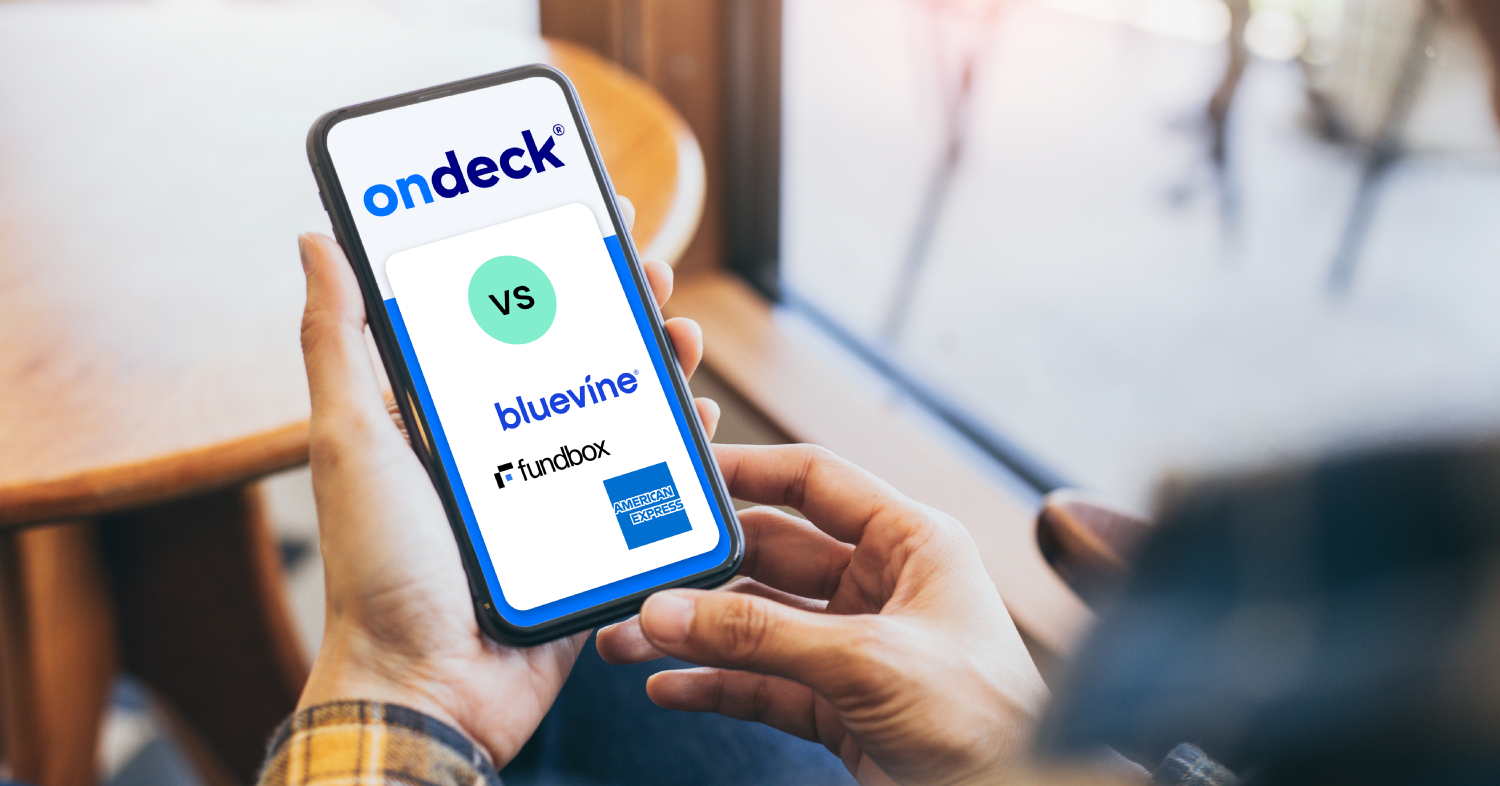What Is a Good Business Credit Score?
A good business credit score offers many benefits for small business owners. It can help you gain access to funding, qualify for lower interest rates and improve your terms with vendors.
Building and maintaining a healthy business credit profile is important — but it can look very different from a personal credit score. Your business credit score can also look different depending on which business credit bureau or reporting agency you check with. All these factors can make it hard to know where you stand.
Here’s what you need to know when checking your business credit and how to determine if you’re in a good spot.
What Is a Business Credit Score?
A business credit score is a representation of your company’s creditworthiness. It helps lenders, suppliers and business partners get an idea of your business’s financial health and ability to meet financial obligations.
Business credit scores aren’t always directly related to a business owner’s personal credit — the exception being the FICO Small Business Scoring Service. With the other credit reporting agencies, only accounts under the business name will have an impact on your company’s score. It can be affected by things like payment history, credit utilization, public records and company size.
What Is a Good Business Credit Score?
The business credit bureaus and reporting agencies each have their own scoring systems. Depending on the data they collect and which agencies your lenders report to, your score may look different from each bureau. You may also need to register your business with the bureau to ensure you have a complete credit profile with them.
Dun & Bradstreet. Dun & Bradstreet is one of the most popular credit scores that lenders rely on. Their credit scoring system, the Dun & Bradstreet PAYDEX, ranges from one to 100, with a higher score being more favorable. Typically, a good Dun & Bradstreet PAYDEX score is above 80.
Experian Business. Experian’s business credit scoring system is called the Experian Intelliscore. Its scores range from one to 100 as well. A score of 76 or above is typically considered to be a good Experian business credit score, and 50 to 75 is still considered fair.
FICO Small Business Scoring Service. Unlike the other business credit scoring models, the FICO Small Business Scoring Service does take into account the business owner’s personal FICO score. It’s becoming one of the more popular scoring systems for small business lenders. FICO SBSS scores range from zero to 300. A score over 160 or 180 is typically considered a good score.
Equifax Business. Equifax’s Business Credit Risk Score ranges from 101 to 992, with 992 being the highest score you can obtain. There’s no agreed upon number on this scale that indicates good business credit, but as with the others a higher score is better.
Keep in mind that your business credit reports may include other numbers beyond your credit score. They may include things like a business failure score or payment index that can help lenders, vendors and business partners determine if you are a high or low risk company to partner with.
How To Build Good Business Credit
Building business credit takes time and planning. Here are a few steps you can take to help give your business credit a boost.
Establish separate business accounts. Keep your personal and business bank accounts separate. Open a business credit card or line of credit instead of using your personal card, and make sure you maintain separate records for your business finances. Not only does this protect your personal finances from being affected by the ups and downs of running a business, but having accounts in your business’s name will help you build credit history.
Use credit responsibly. Just like with personal credit, there are many factors that go into calculating your business credit score. Your business’s payment history has a big impact on your business’s credit. Your credit utilization can also have a big impact. Avoid making late payments and keep your credit utilization reasonable.
Monitor your credit report. It’s important to regularly review your business credit reports from the major business credit bureaus. This can help you detect errors and fraud early. It can also help you identify areas where you can improve your credit habits.
Why Is Business Credit Important?
Your business credit rating is important because it can help your business succeed. Here are some of the biggest benefits to boosting your business credit.
It may be easier to get approved for financing. When business loan providers and investors think your business is high risk due to bad credit, your options for business financing may be limited. A good business credit score can help you get approved for business funding with lower interest rates and better payment terms.
It could get you better deals from your vendors. Establishing tradelines with vendors and suppliers is a good way to improve your cash flow and increase your purchasing power. A good credit score shows vendors that you pay your bills on time, meaning they may be open to increasing your available credit or offering more favorable terms.
You could get lower insurance rates. With a strong credit profile you can get better terms and rates from your business insurance providers.
It can make your business more valuable. If you ever decide to sell your business, your business’s credit score will stay with your business. It’s a transferable asset, and one that increases the credibility and reputation of your business. A strong credit profile can increase the value of your business.
This content is for educational and informational purposes only, and is not intended as financial, investment or legal advice.



